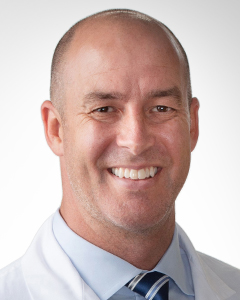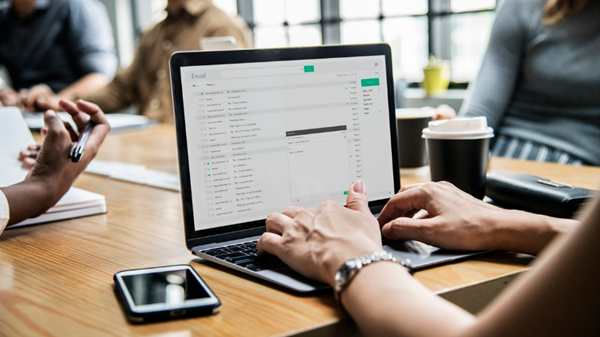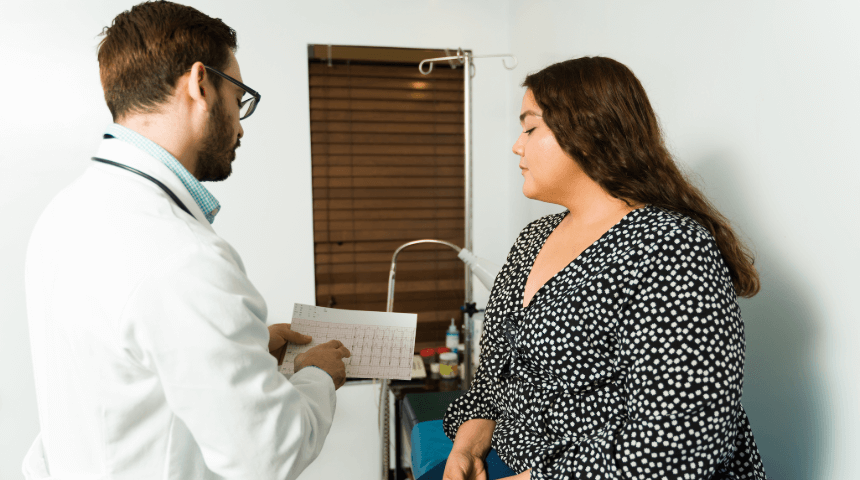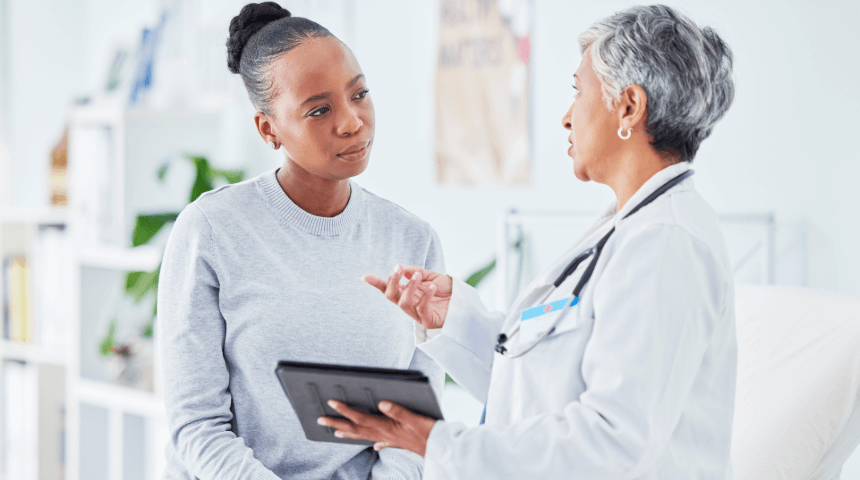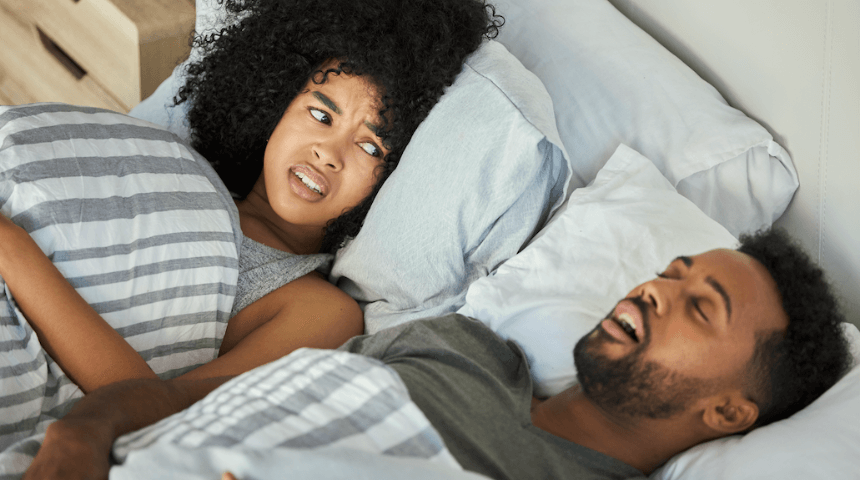Almost as inevitable as death and taxes is the day your doctor looks you in the eyes and say it’s time for a colonoscopy.
This is no one’s favorite day. But this critical screening tool has helped to significantly reduce colorectal cancer deaths in this country. It even offers something other screening techniques do not. During the procedure, your doctor can spot and remove potentially troublesome lesions before they become cancerous.
Up to 60 percent of colon cancer deaths could be prevented if everyone had routine colonoscopies, according to the Centers for Disease Control and Prevention.
There is, however, one troubling trend in colon cancer. Unlike most cancers, the rate of colon cancer cases has been rising among younger people, ages 30 to 50, for reasons that are still unclear.
Preparing for a Colonoscopy
You’ll spend the day before your procedure prepping your colon. That means emptying it of all its contents so that your doctor has a clear view of everything inside. Failing to accomplish this could result in an incomplete screening and having to redo the procedure.
Cleansing the colon is accomplished by:
- Skipping solid foods: You’ll be limited to a liquid diet, though you can eat things like popsicles and Jell-O.
- Avoiding red, purple and orange liquids: While you can drink things like chicken broth or lemonade, you should avoid any liquid that could look like blood in your colon.
- Staying away from high fiber foods the day before you start prepping. Salads and vegetables, in particular, are problematic as they are harder to digest and may prevent good visualization or clog the instrument. A better choice for a last meal would even be a simple burger and fries.
- Avoiding alcohol: Yes, it is a liquid, but using it could lead to severe dehydration and significant medical issues.
- Emptying your colon: This is the step that creates the most dread. You’ll use one of several prep kits that force your body to void your bowels. Expect to spend a lot of time in the bathroom.
Before the procedure, talk with your doctor about the different bowel prep kits that are available. Some require you to drink large volumes of a mixture, while others are more concentrated and can be mixed with sports drinks to improve the flavor. There are prep kits that accomplish the cleanse more gradually throughout the day, while others do it in just a few hours. There are pros and cons to each approach, and options may be dictated by your health insurance.
A couple of tips to make this easier: Chill your prep solution and drink it through a straw, so that you don’t taste it as much. Drinking it in smaller amounts at a time as opposed to large cups.
What Happens During the Procedure?
On the day of the procedure, you’ll usually be sedated if at a hospital or endoscopy center and will be asleep the rest of the way. During the procedure, you will lie on your side, while the doctor inserts a long flexible tube (equipped with a tiny camera at the tip) into your rectum. This device lets your doctor examine your colon and, if necessary, remove polyps – small clumps of abnormal cells that form on the walls of colon.
You’ll wake up quickly after the procedure, which typically takes less than an hour, and be able to go home soon after. You should plan to have someone there to drive you home, as you legally cannot operate heavy machinery the day of the procedure.
In most instances, you’ll be able to head straight to breakfast or lunch, with no limitations on what you should eat. That’s not the case, however, if your doctor had to use a more aggressive approach to polyp removals. Removing a particularly large polyp, for example, can cause lingering abdominal discomfort. That generally clears up after another day of clear liquids.
Why You Need a Colonoscopy
There are a variety of reasons your doctor will recommend a colonoscopy. Among them:
- You just turned 45. The U.S. Preventive Services Task Force recommends people ages 45 to 75 get a colorectal cancer screening every 10 years. The interval is because colon cancer is typically a slower developing disease taking approximately 10 to 15 years to go from normal tissue, to polyps to then becoming cancer.
- You have a family history of colon cancer. First screenings are recommended at age 40 or 10 years before the youngest age of the diagnosis of colon cancer in the family. The 10-year interval is also shortened to five years if you have a close relative (parent, sibling or child) diagnosed with colon cancer. As many as one in three people with colon cancer have a family member who had it. The risk is even higher if your relative was younger than 50 when diagnosed or if more than one family member had it, and may have a genetic component requiring additional testing.
- You have inflammatory bowel disease. Crohn’s disease, ulcerative colitis and other inflammatory bowel conditions can increase your risk for colon cancer. Your doctor may recommend more frequent screenings, starting before the age of 45.
- You have symptoms of colon cancer. One of the reasons colonoscopies are so heavily recommended is that early-stage colon cancer generally doesn’t have any symptoms. But if you are experiencing any of these symptoms, your doctors may recommend a colonoscopy:
- Blood in the stool
- Unexpected weight loss
- Rectal bleeding
- Abdominal pain
Choose to Stay in Touch
Sign up to receive the latest health news and trends, wellness & prevention tips, and much more from Orlando Health.
Sign Up for HealthBeat





